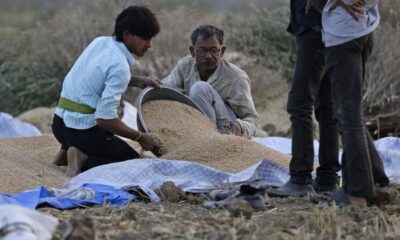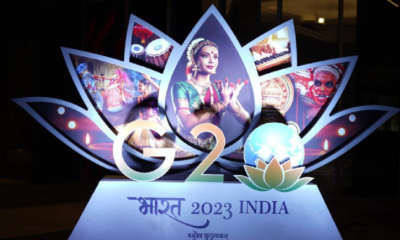

The firm, boasting a 28% share in the local instant noodles market and generating an annual revenue of 8 billion rupees ($96.2 million), is in preliminary...


Blue Star intensifies its product offerings with a plethora of new home air conditioner models, targeting a remarkable 25% revenue boost in the air conditioning segment,...


Bengaluru-based aerospace components manufacturer, JJG Aero, has secured USD 12 million (Rs100 crore) in inaugural funding from CX Partners which will be used primarily to increase...


Ramkrishna Forgings Limited, one of the leading suppliers of rolled, forged, and machined products has received a significant order for Vande Bharat train-set valued at INR...


Rural India continues to feel a sharper price pinch with inflation inching up in rural areas to 5.4 per cent from 5.3 per cent while urban...


The impact of Iran-Israel conflict on India does not cover a rise in petrol prices in India even as experts see a likely continuation of shipping...
Overall trade deficit significantly improved by 35.77 per cent to USD 78.12 billion in FY24 from USD 121.62 billion in FY23. Despite persistent global challenges, India’s...


If the global economy is heading for a soft landing, there’s likely to be plenty of anxiety along the way. As the world’s financial elite gather...


Israel has taken steps to safeguard its citizens by announcing the closure of all schools and educational institutions, starting Sunday. This decision comes as the country’s...


Indian airlines are altering flight paths for Europe and the Middle East due to escalating tensions between Iran and Israel. Airlines are facing limited routes between...